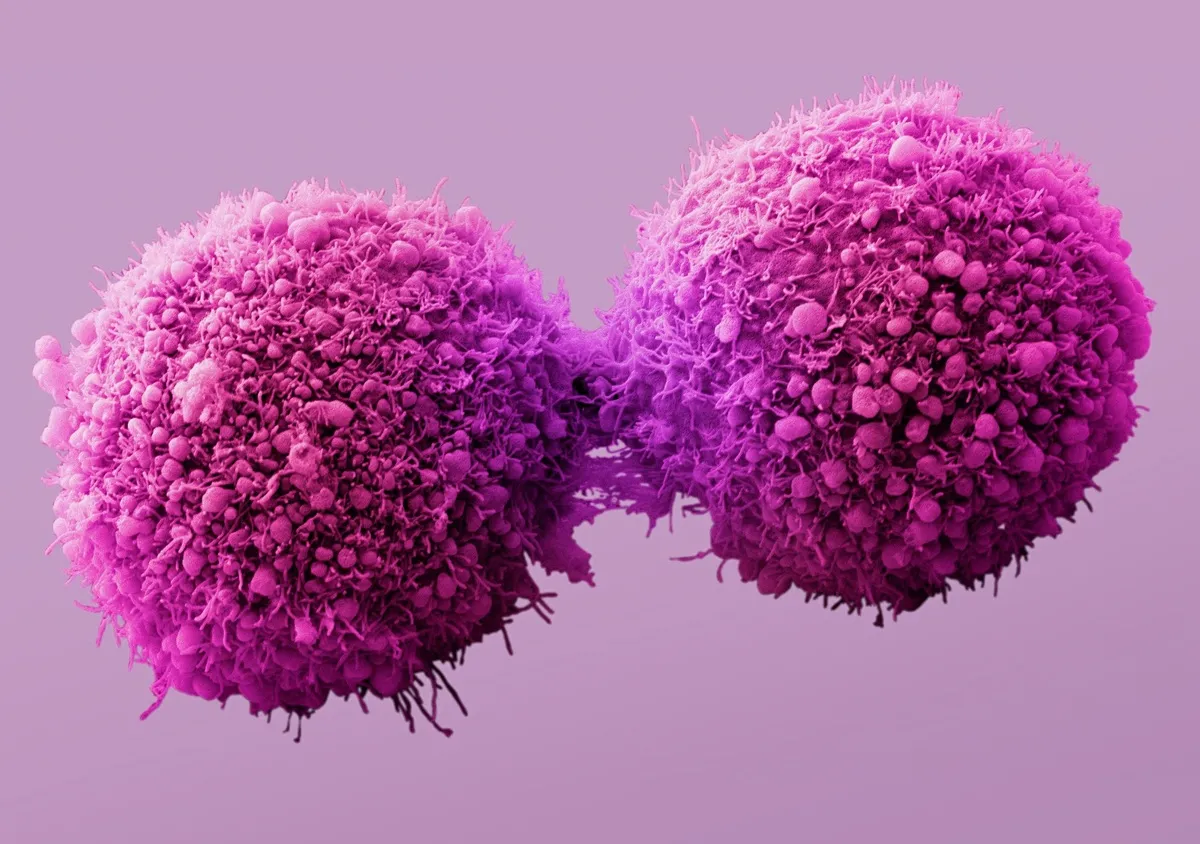Safe Nano-Based Biosensors Developed by Iranian Scientists for Cancer Screening

Abdollah Salimi, a professor of analytical chemistry at Kurdistan University and his colleagues succeeded in designing the biosensor with applications in medical areas and treatment centers for early clinical diagnosis of a variety of markers related to certain diseases, including pancreatic cancer.
“In this research, different strategies based on using different nanomaterials and their synergistic effect have been used to strengthen the signal and increase the sensitivity of the CA19-9 cancer marker measurement method with the lowest detection limit,” Salimi said.
“Graphdiyne is one of the new carbon structures that its synthesis and application in different fields like catalytic substrates, making sensors and biosensors, and energy conversion processes has been the focus of research works in the past decade,” he added, noting that in the new research, graphdiyne as a new substrate with MOF (metal-organic frameworks) enriched with ruthenium complex was used as a probe to develop a self-amplified ECL immunosensor with high sensitivity to measure the cancer marker CA19-9.
According to Salimi, the biosensor is used in medical industries and treatment centers for early clinical diagnosis of various markers related to certain diseases, including pancreatic cancer.
Pancreatic cancer typically starts in the ducts of the pancreas. Small changes in the cellular DNA result in uncontrolled multiplication and accumulation of cells in clusters called tumors. If untreated, these cancer cells can spread outside of the pancreas to other parts of the body.
4155/v





















